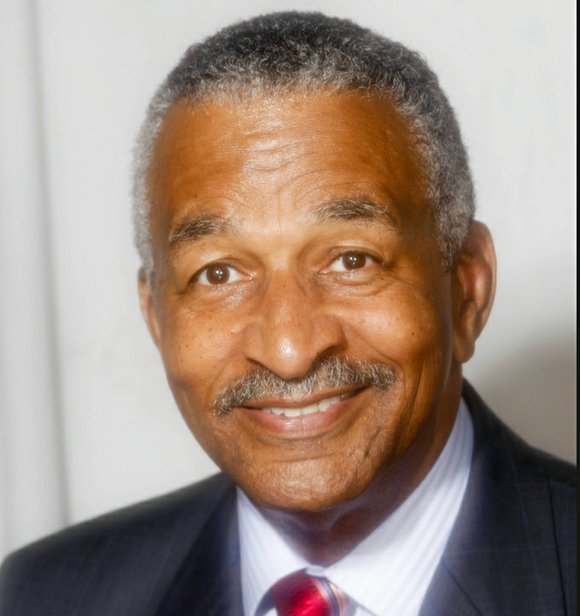Making our own black history
2/10/2017, 10:26 p.m.
James Clingman
“There are (Black people) who are willing to worship the pyramids of 4,000 years ago but will not build pyramids in the present so their children may see what they left behind as well. We have a leadership who rallies the people to look at past glories but leave their children neglected ...” - Dr. Amos N. Wilson in “Afrikan Centered Consciousness Versus the New World Order: Garveyism in the Age of Globalism.”
It’s Black History Month, the time of year when we celebrate our history.
Consider this: Let’s make history in addition to just celebrating it this year. Having used Amos Wilson’s quote many times in my attempt to get us to move from being passive to being active, I draw upon his wisdom once again in hope that we will change our behavior when it comes to Black History Month, by making some history of our own.
History has shown us what our ancestors have done, but we must take their victories to a higher level by building upon what they have done.
This first feature of “Making Black History” is centered on a call being put forth by the One Million Conscious and Conscientious Black Contributors and Voters. Imagine the impact of millions of black voters going to their respective boards of elections and changing their registration designation to “No Party Affiliation,” or NPA.
The original NPA idea came from Amefika Geuka, co-convener of OMCCBCV, who recently discussed a mass movement by black voters to declare our independence of both dominant political parties. We decided to launch the effort this month during Black History Month. We want at least 1 million black voters in the next 90 days to register as “NPA,” thereby serving notice on all politicians that black folks no longer will be their puppets and will no longer be ignored.
Changing our designation to NPA will strengthen us collectively and give us the power to leverage our votes for our own best interests — our “permanent interests”— as a viable, resolute and independent voting bloc. It will let politicians know that we are serious about quid pro quo.
I understand that many black people who are died-in-the-wool Democrats or Republicans will never register as NPA, but this is not about waiting for or even trying to coax all black voters to comply with this very sensible and simple strategy. A critical mass of black voters willing to close ranks around former Congressman Bill Clay’s famous assertion: “We have no permanent friends and no permanent enemies, just permanent interests,” will give us the leverage we must have, nationally and locally, to determine the outcomes of various elections and gain reciprocity from those whom we support.
So this is my first recommendation on how we make black history this month instead of just celebrating it and being told what our history is via commercials, sales and folks who know very little or no black history.
A case in point is the recent tweet by Vice President Mike Pence, who wrote, “As Black History Month begins we remember when President Lincoln submitted the 13th Amendment, ending slavery to the states.”
Say what!?
He suggests we celebrate Black History Month by acknowledging a white man — someone who did not end slavery by “submitting the 13th Amendment.” I wrote to Vice President Pence and suggested to him, that in keeping with his “Lincoln freed the slaves” theme, that he should make history by calling for the “exception” clause to be removed from the 13th Amendment. Then slavery in all forms and under all circumstances, especially for those “duly convicted of crimes,” would be eliminated.
Don’t you just hate condescension?
We don’t need fanfare or hoopla to change our registration to NPA. Just do it. Get to your respective voter registration boards and change to “NPA,” and let’s stop accepting someone else’s interpretation of black history. Let’s make our own.
The writer is founder of the Greater Cincinnati African American Chamber of Commerce.







